Перевірка складності ключових слів
Подивіться, наскільки важко буде потрапити в топ-10 результатів пошуку за будь-яким ключовим словом.
Отримуйте доступ до коротких звітів SEO на сторінці під час перегляду веб-сторінок.
Що таке складність ключового слова?
У світі SEO складність ключового слова - це зручний показник, який допомагає зрозуміти, наскільки складно буде ранжуватися за певним пошуковим запитом.
Новачки в SEO можуть переплутати «Складність ключових слів» з «Конкуренцією» в Google Keyword Planner. «Конкуренція» стосується лише результатів платного пошуку, тоді як «Складність ключового слова» застосовується до результатів органічного пошуку.
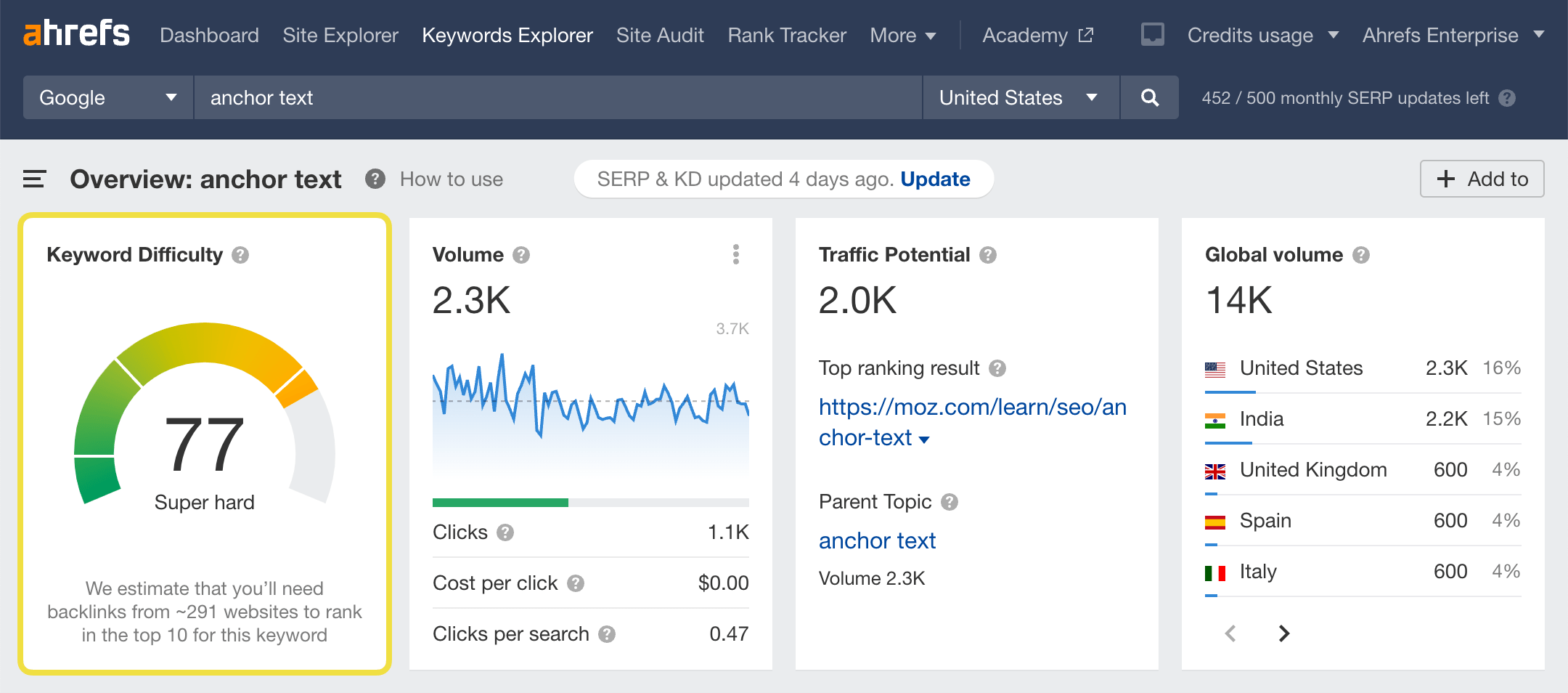
Показник складності ключових слів Ahrefs
Google стверджує, що посилання та релевантність контенту є основними показниками для позиціонування вашого сайту в результатах пошуку. Результати нашого власного дослідження двох мільйонів ключових слів підтверджують це твердження. Ми бачимо сильну кореляцію між кількістю посилань на веб-сторінку та її позицією в результатах пошуку Google. «Конкуренція» стосується лише результатів платного пошуку, тоді як «Складність ключових слів» стосується результатів органічного пошуку.
Ось чому для розрахунку Складності Ключового Слова (Keyword Difficulty) ми аналізуємо результати пошуку за ключовим словом і розглядаємо кількість реферальних доменів, що мають сторінки в топ-10. Простіше кажучи, чим більше реферальних доменів мають сторінки, що ранжуються вище, тим вища Складність Ключового Слова.
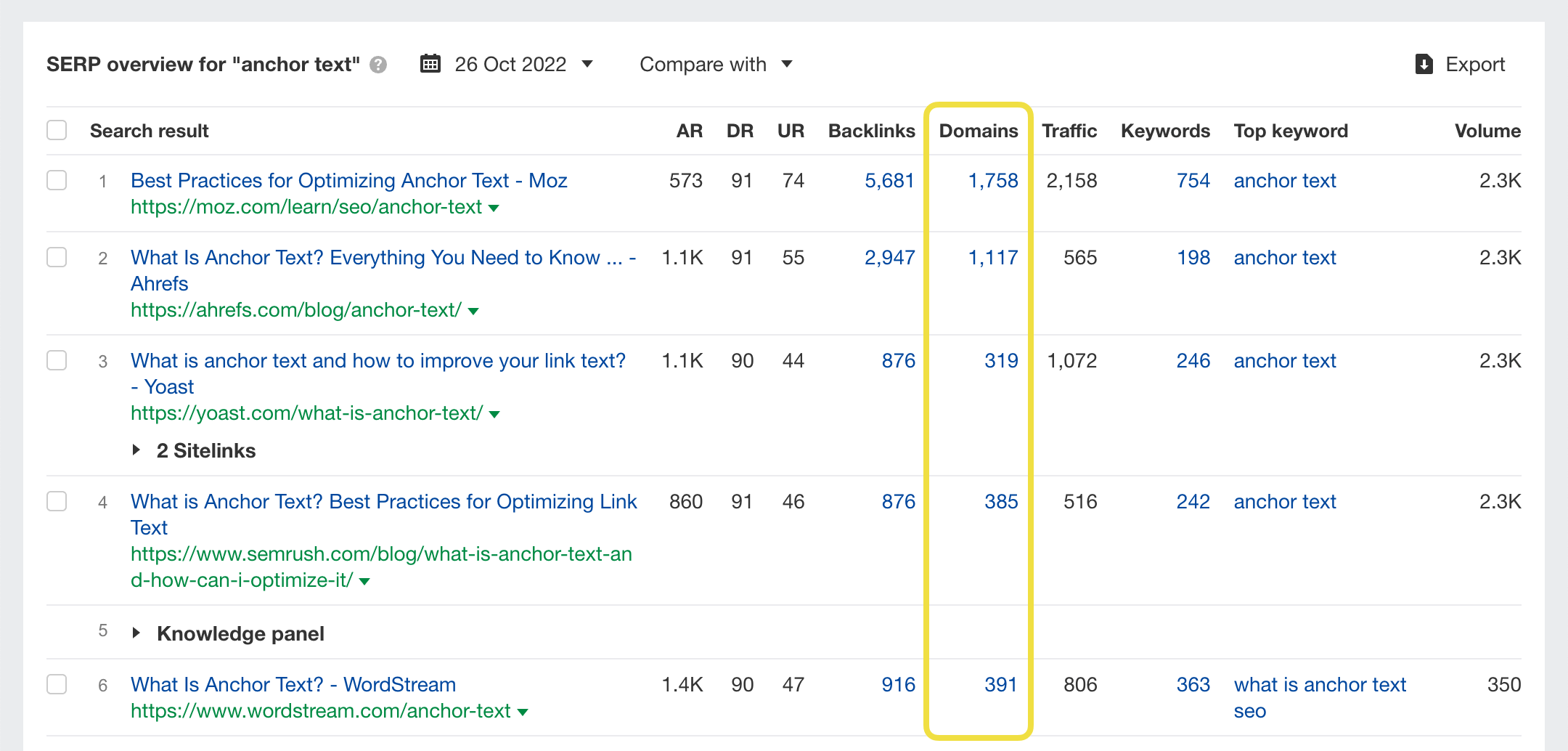
Наші показники вважаються найбільш точними. Keyword Difficulty не враховує жодних факторів на сторінці.
Від складності ключових слів залежать шанси потрапити до топ-10 результатів пошуку (не топ-3 чи топ-1). Крім профілів беклінків та релевантності контенту, у результатах першої сторінки будь-якого пошуку грають роль багато додаткових факторів ранжирування.
Шкала складності ключового слова
Ми вимірюємо складність ключових слів за шкалою від 0 до 100, де останнє є найскладнішим.

Шкала не є лінійною. Кожне значення на ній відповідає приблизній кількості доменів з посиланнями (RD), необхідних сторінці для того, щоб потрапити на першу сторінку результатів пошуку.
Ось співвідношення між складністю ключового слова та кількістю необхідних RD:
Keyword Difficulty | 0 | 10 | 20 | 30 | 40 | 50 | 60 | 70 | 80 | 90 |
Referring Domains | 0 | 10 | 22 | 36 | 56 | 84 | 129 | 202 | 353 | 756 |
Якщо ви шукаєте ключове слово з KD 40, вам, швидше за все, знадобиться приблизно 56 RD, щоб потрапити в топ-10 результатів пошуку.
Знаходьте прості для ранжирування ключові слова серед мільйонів ідей
База даних ключових слів Ahrefs налічує 19,2 мільярда ключових слів у сотнях локацій. Вона вже є найбільшою базою даних в Інтернеті і постійно зростає.
Незалежно від того, чи аналізуєте ви власний список ключових слів, чи переглядаєте пропозиції в Keywords Explorer, наш показник складності ключових слів покаже вам можливості, за якими ви зможете легко ранжуватися.
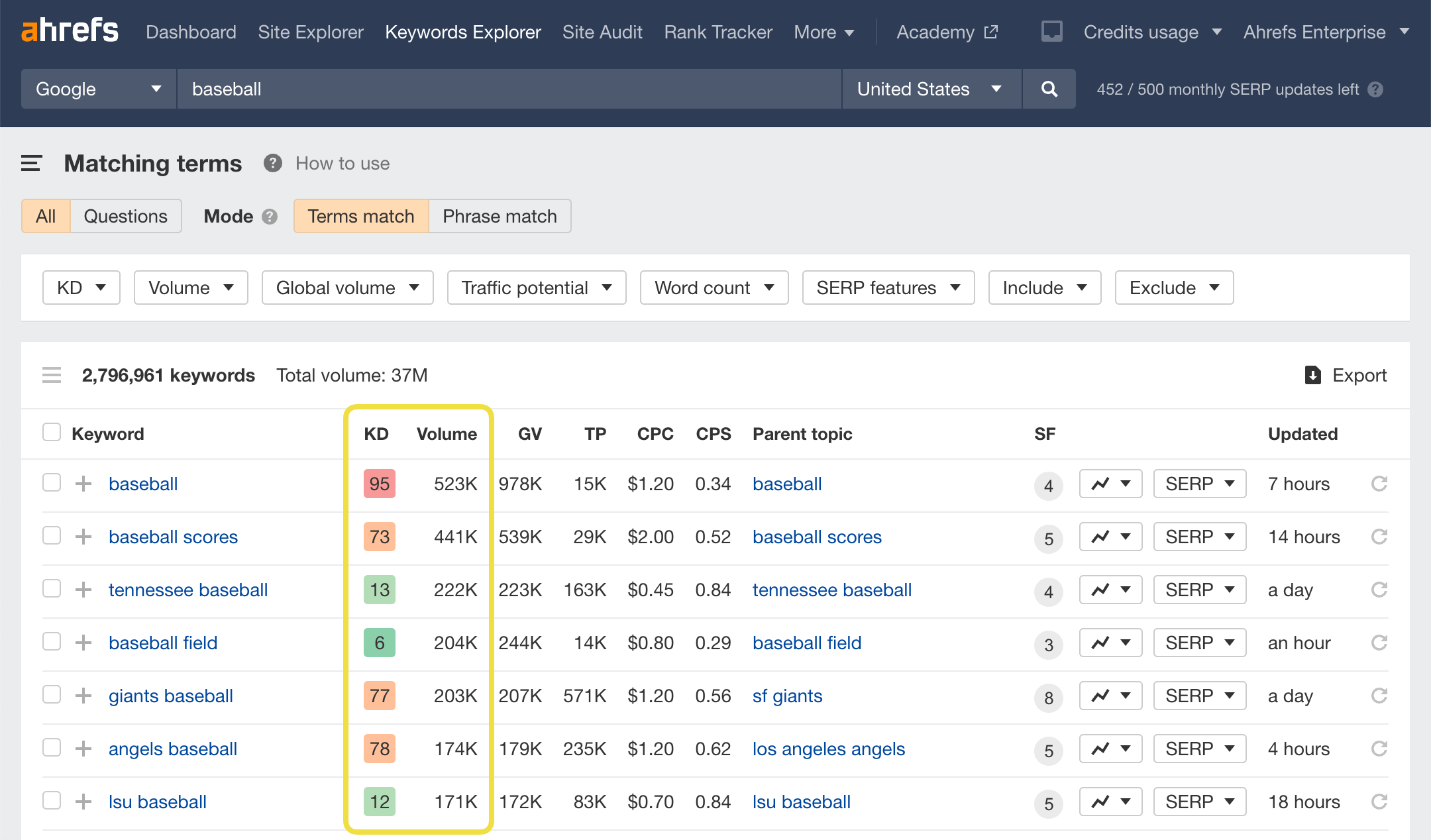
У поєднанні з обсягом пошуку цей показник допоможе вам знайти ключові слова, які можуть принести вам дуже хороший органічний трафік, але не вимагають багато зусиль для ранжування.
Проте, попри його важливість, складність ключового слова не повинна бути єдиним фактором, що впливає на ваш вибір ключових слів. Ми рекомендуємо використовувати це як перший фільтр для сортування великої кількості можливих ключових слів.
Подальший вибір ключових слів повинен базуватись на повному та деталізованому аналізі сторінки результатів пошукової системи. Жоден інструмент пошукової оптимізації не може виконати цю роботу замість вас, оскільки кожен випадок є унікальним. Але ви знайдете всі необхідні дані для аналізу в огляді сторінок результатів пошукової системи, наданому Ahrefs.
Сумісність з іншими інструментами Ahrefs
Показники Keyword Difficulty інтегруються у всі звіти про ключові слова в інструментах Ahrefs. Переглядайте варіанти ключових слів, аналізуйте органічний трафік ваших конкурентів, відстежуйте власні позиції за ключовими словами - Keyword Difficulty завжди буде під рукою.
Keywords explorer — Перевірка Складності Ключових Слів є важливою складовою цього інструменту. Це допоможе вам прийняти обґрунтоване рішення про те, які ключові слова слід використовувати, незалежно від того, аналізуєте ви окремі ключові слова, сортуєте свій список ключових слів або переглядаєте пропозиції ключових слів.
Site Explorer — Відкрийте ключові слова, які приносять органічний трафік на будь-яку сторінку сайтів ваших конкурентів, і використовуйте показник Складності Ключового Слова (Keyword Difficulty), щоб зрозуміти, чи зможете ви потрапити в топ-10 за цими ключовими словами.
Content Explorer - Цей потужний інструмент знайде для вас найпопулярніший контент на будь-яку тему. Він також показує список ключових слів, за якими ранжується сторінка контенту, а також їхню складність.
Rank Tracker — Цей інструмент відстежує зміни позицій вашого сайту в пошуковій системі за будь-яким ключовим словом. Обсяг пошуку за ключовим словом і складність ключового слова не є статичними показниками, тому ми регулярно оновлюємо їх для кожного з ваших проєктів.
Посібники з дослідження ключових слів

Складність ключових слів: Як оцінити свої шанси на рейтинг
Складність ключового слова (KD) - це SEO-показник, який оцінює, наскільки складно буде потрапити на першу сторінку Google за певним ключовим словом.
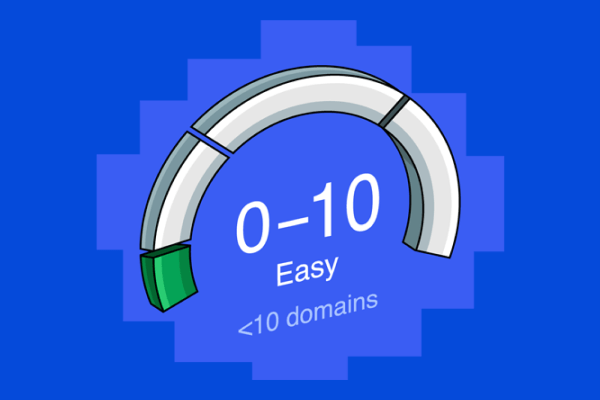
Як знайти ключові слова з низькою конкуренцією для пошукової оптимізації
Дізнайтеся, як за кілька кроків знайти ключові слова з низьким рівнем конкуренції та переконатися, що ці ключові слова мають дійсно низький рівень конкуренції та легко піддаються ранжуванню.
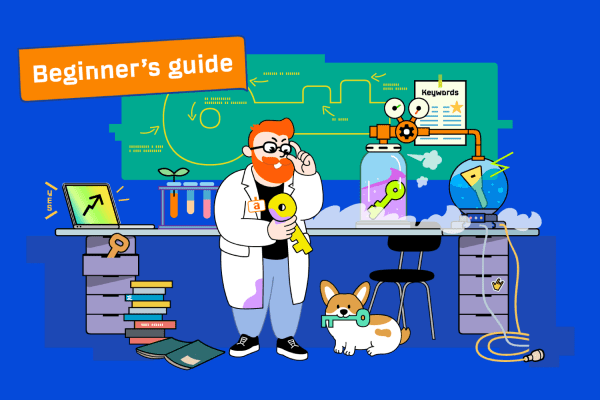
Дослідження ключових слів: Посібник для початківців від Ahrefs
Дослідження ключових слів - це процес пошуку ключових слів, за якими ви хочете потрапити в рейтинг пошукових систем. Це розуміння того, що шукають потенційні клієнти і чому.